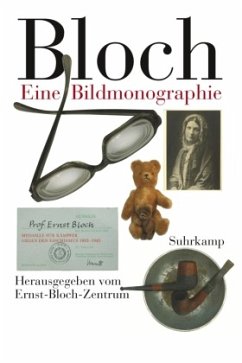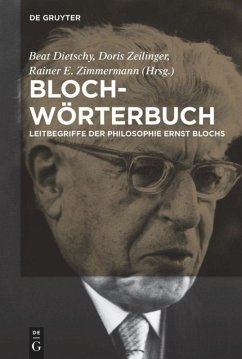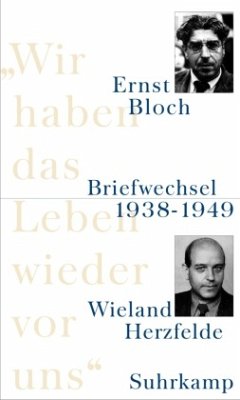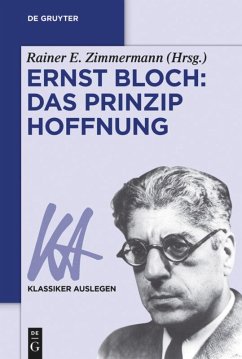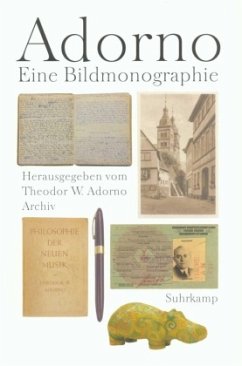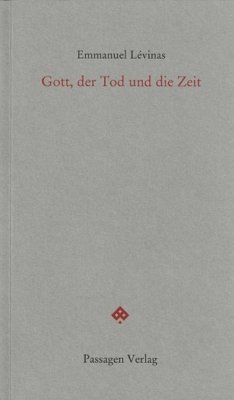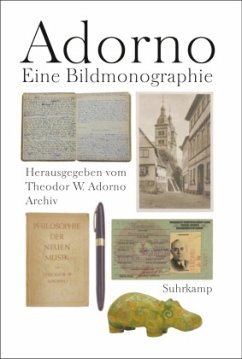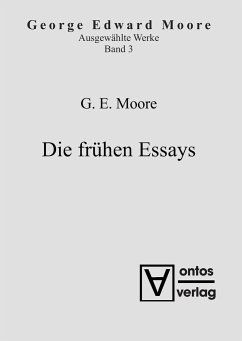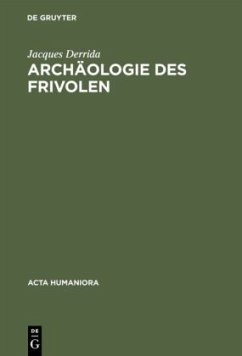Nicht lieferbar

Der Fall des Philosophen
Eine Archäologie des Denkens am Beispiel von Ernst Bloch
Versandkostenfrei!
Nicht lieferbar
Das Thema dieses Buches ist das alte Programm philosophischer Selbsterkenntnis als Voraussetzung für Welterkenntnis - unter den verschärften Bedingungen der Moderne, konkretisiert an Ernst Bloch. Psychische Entwicklungsgeschichte und die Geschichte des Werkes bilden die beiden Stränge der theoretischen Rekonstruktion. Ziel ist die Darstellung ihrer inneren Verbindung als eine Archäologie des Denkens. Es ist Blochs Besonderheit als Philosoph, dass er sich den Zugang zum Denken aus den Tiefen früher, leidvoller Erfahrung erschloss. Dafür brauchte er nicht nur neue Kategorien, sondern er mu...
Das Thema dieses Buches ist das alte Programm philosophischer Selbsterkenntnis als Voraussetzung für Welterkenntnis - unter den verschärften Bedingungen der Moderne, konkretisiert an Ernst Bloch. Psychische Entwicklungsgeschichte und die Geschichte des Werkes bilden die beiden Stränge der theoretischen Rekonstruktion. Ziel ist die Darstellung ihrer inneren Verbindung als eine Archäologie des Denkens. Es ist Blochs Besonderheit als Philosoph, dass er sich den Zugang zum Denken aus den Tiefen früher, leidvoller Erfahrung erschloss. Dafür brauchte er nicht nur neue Kategorien, sondern er musste dafür überhaupt erst Worte finden: Den Erfahrungen des Unheimlichen und Abgründigen stellt er auf der Ebene philosophischer Theorie das Dunkel des gerade gelebten Augenblicks wie seine Entdeckung eines Noch-nicht-Bewussten zu Seite. Sie münden als metaphysische Ödipuserweiterungen in dem, was in der Nachfolge Freuds den klassischen Ödipuskomplex unterhöhlt. Die Spannungen zwischen Psyche und Werk und die politischen Katastrophen des 20. Jahrhunderts spiegeln sich in diesem Buch ineinander.
The history of mental development on the one and the history of his writings on the other hand form the two separate but essentially intertwined strands of an archeology of Ernst Bloch s thought undertaken in this book. Bloch as a philosopher is peculiar in that his initial access to thought rose from the depths of early, painful experience. To give expression to this experience, he not only needed to develop new categories, but first and foremost had to find words for it: the experience of the uncanny and the abysmal, of which he tells in Spuren, is on the level of philosophical theory juxtaposed by the "Dunkel des gerade gelebten Augenblicks" (darkness of the moment just lived) and his discovery of a "Noch-nicht-Bewusstes" (not-yet-conscious), thus metaphysically undermining the classical Oedipus complex in the succession of Freud. In this book, psyche, work and the historyof the 20th century appear concentrated in Ernst Bloch the philosopher and contemporary witness, who paid tribute to these supra-individual powers in his work as much as he hoped to transgress them.
The history of mental development on the one and the history of his writings on the other hand form the two separate but essentially intertwined strands of an archeology of Ernst Bloch s thought undertaken in this book. Bloch as a philosopher is peculiar in that his initial access to thought rose from the depths of early, painful experience. To give expression to this experience, he not only needed to develop new categories, but first and foremost had to find words for it: the experience of the uncanny and the abysmal, of which he tells in Spuren, is on the level of philosophical theory juxtaposed by the "Dunkel des gerade gelebten Augenblicks" (darkness of the moment just lived) and his discovery of a "Noch-nicht-Bewusstes" (not-yet-conscious), thus metaphysically undermining the classical Oedipus complex in the succession of Freud. In this book, psyche, work and the historyof the 20th century appear concentrated in Ernst Bloch the philosopher and contemporary witness, who paid tribute to these supra-individual powers in his work as much as he hoped to transgress them.




